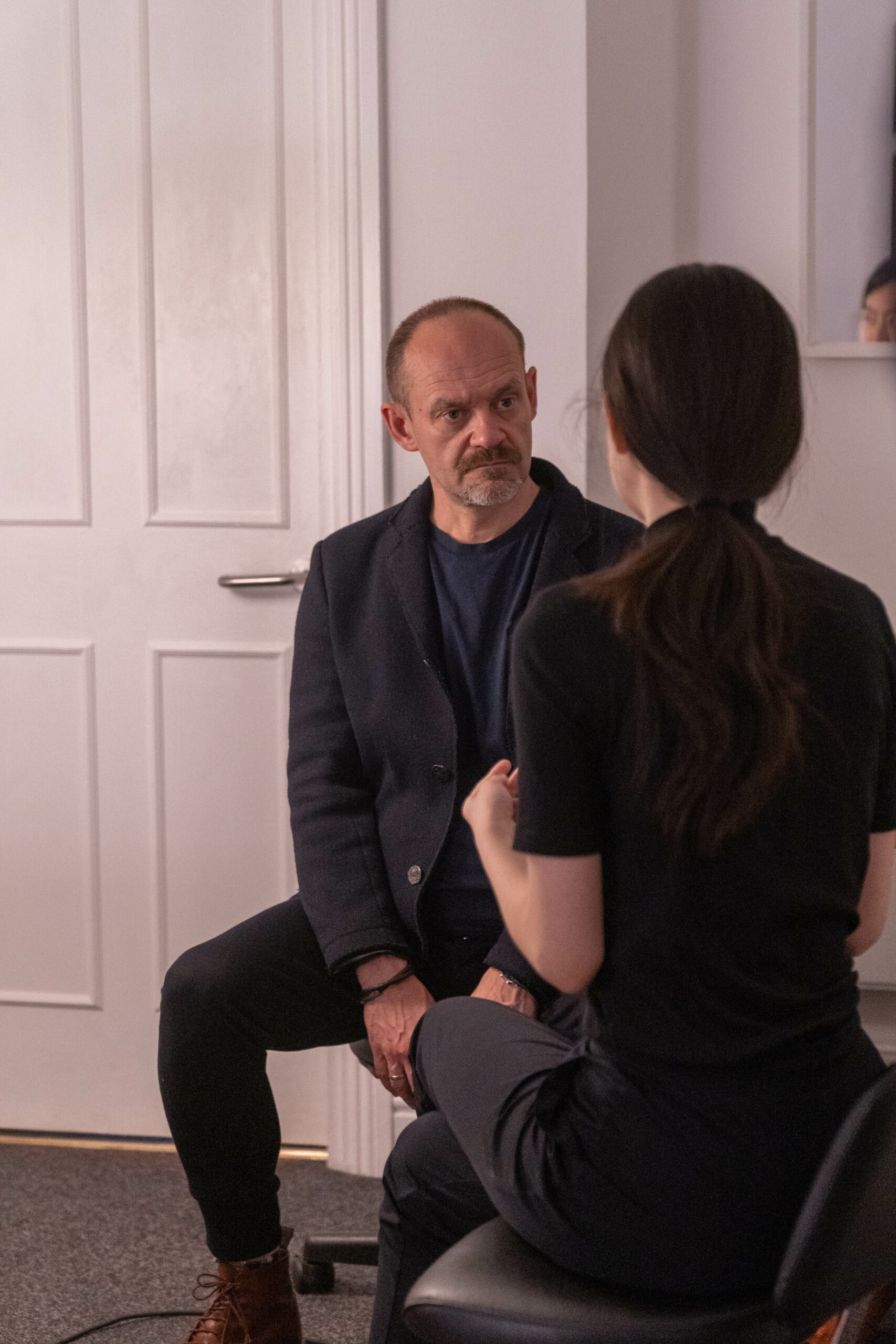The VOCAL acupuncture protocol demonstrated significant efficacy in reducing VHI scores, particularly in the Functional category. The (as of yet unpublished) research results support the reliability and effectiveness of the VOCAL protocol as a treatment for voice-related issues, enhancing both physical and emotional aspects of vocal health.
VOCAL Acupuncture

What to expect
Acupuncture, a cornerstone of Traditional Chinese Medicine (TCM), has been practised for thousands of years. It involves the insertion of fine needles into specific points on the body to regulate the flow of Qi, or life energy, and restore balance. This ancient technique is believed to alleviate a variety of ailments by stimulating the body’s natural healing processes. While acupuncture’s origins are deeply rooted in ancient Chinese culture, its therapeutic applications have expanded globally, integrating into modern medical practices due to its perceived benefits and increasing acceptance in the West by rebranding and renaming this intervention as Medical Acupuncture or Dry Needling.
VOCAL Acupuncture helps with:
- Functional voice problems
- Performance Anxiety
- Conflict over speaking out
- Dysphagia
- TMJ-D
- Migraine/headache
- Breathing difficulties
Acupuncture alone is no guarantee of success. However, some studies have shown that acupuncture alone can reduce vocal fold swelling.
Acupuncture Points and Techniques
The acupuncture treatment follows the standardised points outlined in the VOCAL protocol (Van Looy and King, 2024), which includes points traditionally associated with voice modulation and general well-being. The points used in the treatment were selected based on both traditional Chinese medicine theories and contemporary research findings on acupuncture’s efficacy in treating voice disorders.
Each session involves needle insertion at these specific points, with variations and adjustments made based on individual patient feedback and treatment progress.
How does it apply to a voice user?
Singers and professional voice users want to be confident, tension free and focused when they’re working.
The VOCAL framework shows a decrease in VHI scores, particularly in the Functional category. The substantial improvements in VHI scores suggest that the VOCAL protocol is an effective treatment for voice-related issues, enhancing both the physical and emotional aspects of vocal health, but must call into question the validity of the research findings when taking into account the limitations of using the VHI for this project as a measure.
The trial of the VOCAL acupuncture protocol on a generalised professional voice user population demonstrated its significant efficacy in improving Voice Handicap Index (VHI) scores across all measured categories. The VOCAL framework, which prioritises patient-centred care through a structured approach, was integral in ensuring the success of this treatment modality. By focusing on verifying understanding, open communication, consent, customisation, assessment of sensations, and continuous adjustment, the VOCAL protocol not only enhanced the therapeutic experience but also yielded substantial improvements in vocal health.
What if I’m scared of needles?
Acupuncture needles are tiny in comparison to wet needles in syringes. However, if you have a needle phobia, it is probably best not to seek this treatment option.

